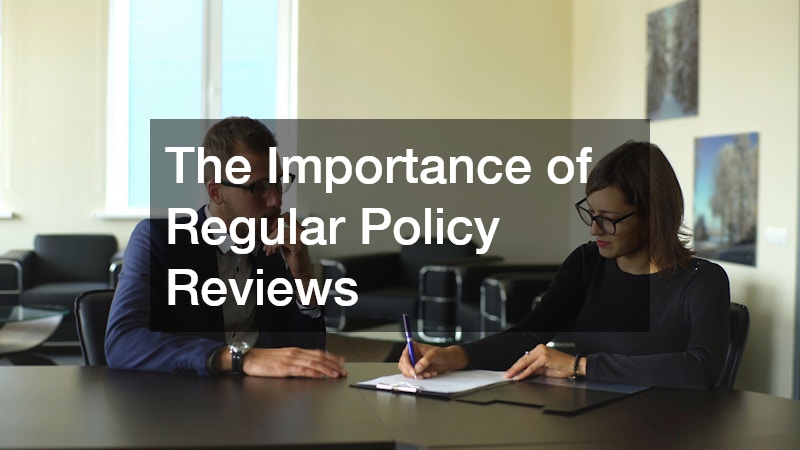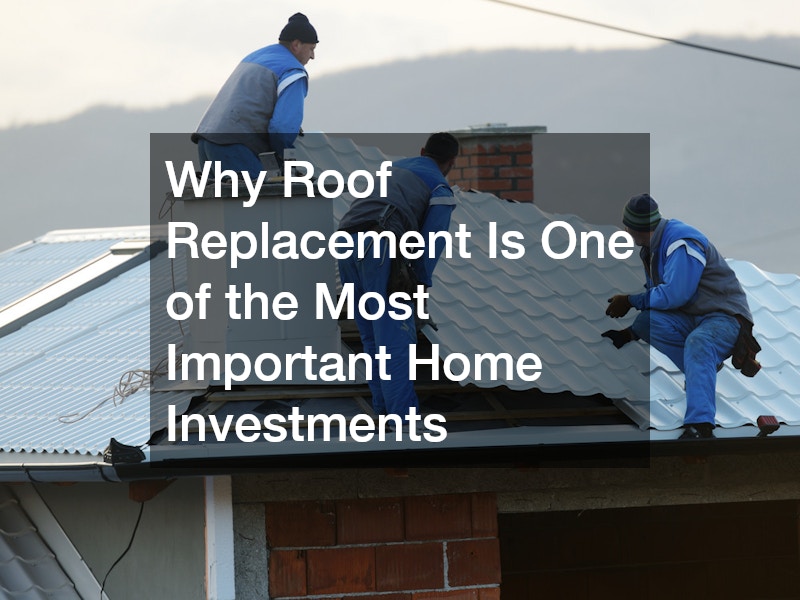Homeowners insurance agencies play a pivotal role in protecting property owners from the myriad of risks that threaten their homes. From natural disasters, such as hurricanes and tornadoes, to more common incidents like theft or accidental damage, these agencies ensure that homeowners have financial protection and peace of mind. This article delves into the various ways home insurance agencies provide coverage, focusing on their role in shielding homeowners from diverse perils.
The Scope of Homeowners Insurance Coverage
Homeowners insurance agencies offer a broad spectrum of coverage options tailored to meet the varying needs of policyholders. Standard homeowners insurance policies typically cover damages to the dwelling, other structures on the property, personal belongings, and liability protection. This comprehensive approach ensures that homeowners are shielded from both property-specific and personal liability risks, no matter how they arise. In addition to standard policies, agencies also offer additional coverage options to address unique risks, such as floods or earthquakes, which are not usually included in basic packages. This customization is critical in providing homeowners with the specific protection they require based on their geographical location and personal needs.
Homeowners insurance agencies are adept at evaluating the appropriate level of coverage needed for each homeowner. They achieve this by conducting thorough risk assessments and taking into account factors such as the home’s value, the contents within, and potential regional hazards. Through this personalized evaluation, agencies ensure that their clients are neither underinsured nor overinsured, striking an ideal balance between cost and coverage. Moreover, these assessments are periodically reviewed and adjusted as necessary to reflect changes in the homeowner’s circumstances and market conditions. Such vigilance ensures ongoing protection and adaptability in the face of evolving risks.
\Managing Risk and Preparing for the Unexpected
Risk management is a cornerstone of the services provided by homeowners insurance agencies. By identifying potential hazards and implementing strategic measures, agencies help homeowners mitigate the impact of unforeseen events. This proactive approach includes educating clients on best practices for home maintenance, security enhancements, and disaster preparedness. Such preventive strategies not only minimize the likelihood of a claim but also enhance the overall safety and security of the home. In turn, this vigilance contributes to lower policy costs, benefiting both the homeowner and the insurance provider.
Moreover, homeowners insurance agencies utilize advanced data analytics and predictive modeling to assess risk exposure accurately. They incorporate historical data on weather patterns, crime rates, and property values to predict which areas might be most vulnerable to certain risks. This informed perspective enables agencies to provide tailored advice and offer specific coverage that acknowledges and prepares for these vulnerabilities. By staying at the forefront of technological and methodological advancements, insurance agencies not only anticipate future risks but also empower their clients to take preemptive actions. As a result, homeowners are better equipped to handle disasters when they strike.
The Importance of Regular Policy Reviews
Regular reviews of homeowners insurance policies are essential to ensuring that coverage remains adequate and up-to-date. Economic inflation, changes in home value, and modifications in personal circumstances can all necessitate adjustments in policy terms and coverage limits. Homeowners insurance agencies conduct thorough evaluations of current policies to identify any gaps or redundancies that could impact coverage efficacy. By doing so, they help homeowners avoid the pitfalls associated with underinsurance, which can lead to significant financial strain in the event of a claim. These periodic reviews are an integral part of maintaining a robust and responsive insurance plan.
Policy reviews also provide an opportunity for homeowners to explore cost-saving options and discounts available through their insurance agency. Many agencies offer incentives for installing home safety features, such as security systems and smoke detectors, which reduce the risk of accidents and burglaries. By staying informed about these savings opportunities, policyholders can potentially lower their premiums without sacrificing comprehensive coverage. Furthermore, agencies may offer bundled insurance packages, combining homeowners with auto or other insurance types, to maximize discounts and simplify policy management. These strategies collectively contribute to making insurance more accessible and affordable for homeowners.




